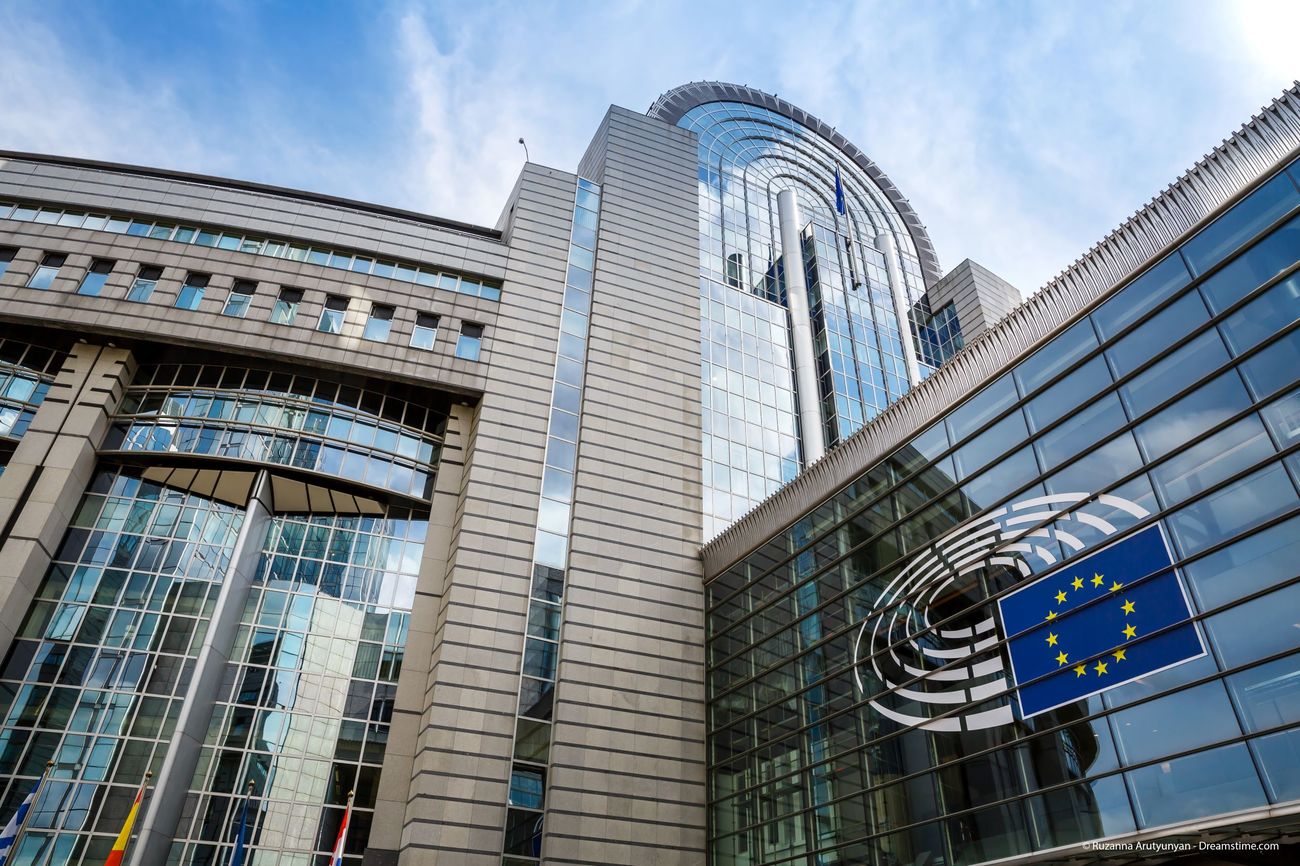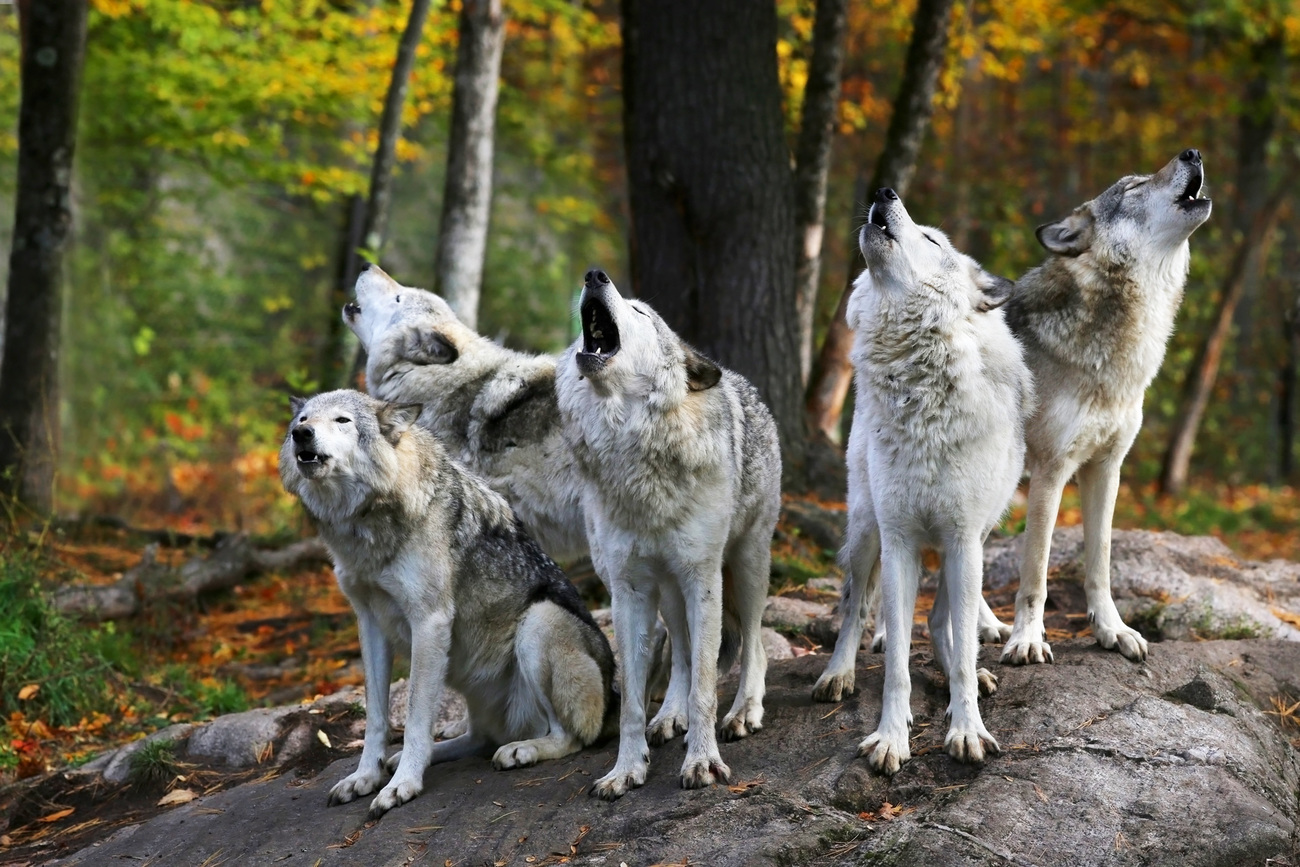Ilaria Di Silvestre
vote by EU Parliament to reduce protection for wolves ignores science
vote by EU Parliament to reduce protection for wolves ignores science

Yesterday, the European Parliament adopted a Resolution that highlights the impact of wolf attacks on livestock farming and calls for reduced protection of the species.
Members of the European Parliament (MEPs) from the European People’s Party (EPP), European Conservatives and Reformists (ECR) and Identity and Democracy (ID) groups have successfully supported the inclusion of amendments. They argue that the conservation status of wolves at the pan-European level justifies a downgrade of its protection status under the Bern Convention and the Habitats Directive, the very policies that brought these species back from the brink of extinction in certain areas of Europe.
Clearly, the MEPs’ decision was motivated by pressure from hunter and farmer lobby groups rather than science; scientific data demonstrates that six of the nine wolf populations in Europe are still vulnerable or near threatened due to poaching and habitat fragmentation and degradation. In addition, according to a recent study carried out for the European Parliament, the number of sheep killed by wolves each year in the EU is 20,000, which is just 0.06 percent of the total sheep population in the concerned countries. The adopted Resolution claims also that large carnivore attacks cause human fatalities; meanwhile, not one fatal wolf attack on a human had been recorded in the twenty-first century in Europe.
In a letter signed with other animal and environmental protection NGOs, IFAW has called on the MEPs to work to ensure that farmers have prompt and easy access to the existing EU funds that grant full compensation to farmers for damages caused by protected animals (like wolves) and fully reimburse costs of investments made to prevent such damages. This would benefit farmers far more than reducing protection of carnivore species.

Coexistence with large carnivores is possible as livestock protection measures have proven to be effective solutions to reduce or prevent the risk of an attack. Wolves should not be scapegoats for the broader problems experienced by the EU farming industry, particularly the sheep and goat sectors, which face socio-economic challenges including, limited investment and geographical remoteness
With the planet facing a biodiversity crisis, it is extremely disappointing to see MEPs regressing to promote the killing of a protected species and to downgrade its protection status rather than focusing on the constructive coexistence between large carnivores and the livestock farming industry.
IFAW urges the European Commission to support biodiversity conservation and a future where wildlife and communities can coexist and thrive. Such a future can be achieved only if the EU maintains its strong commitment to promote coexistence and protect wild animals, including large carnivores.
Related content
Our work can’t get done without you. Please give what you can to help animals thrive.